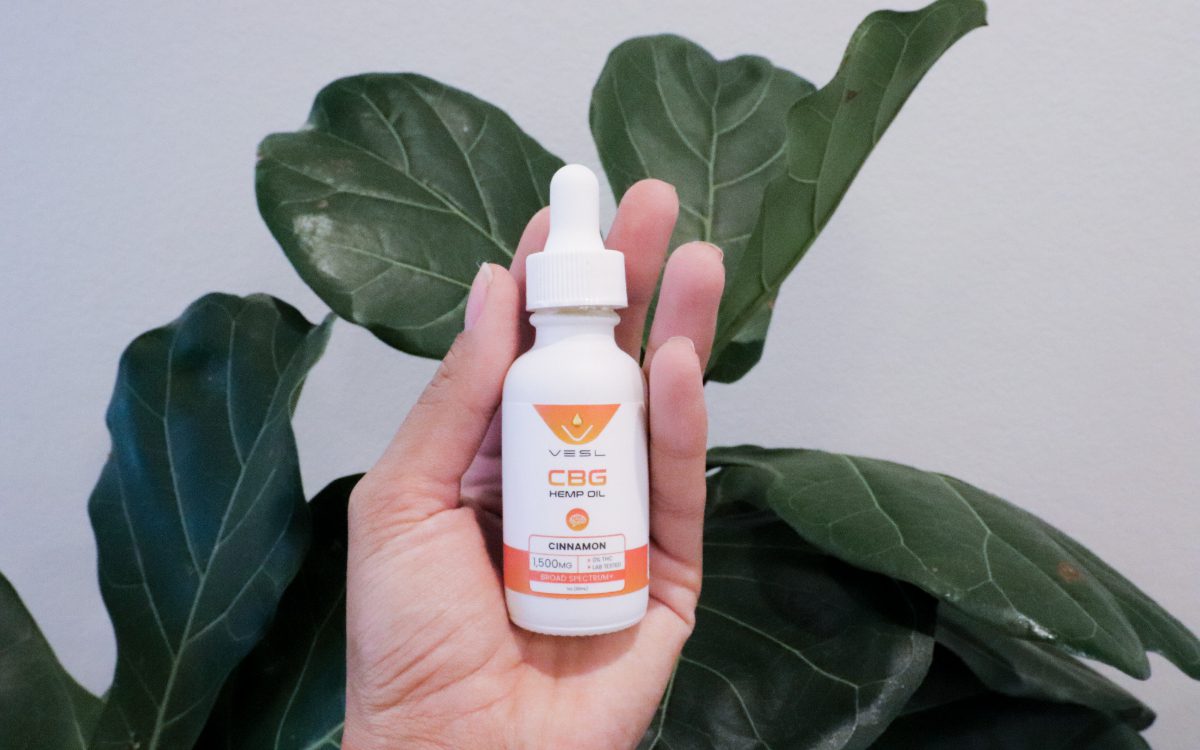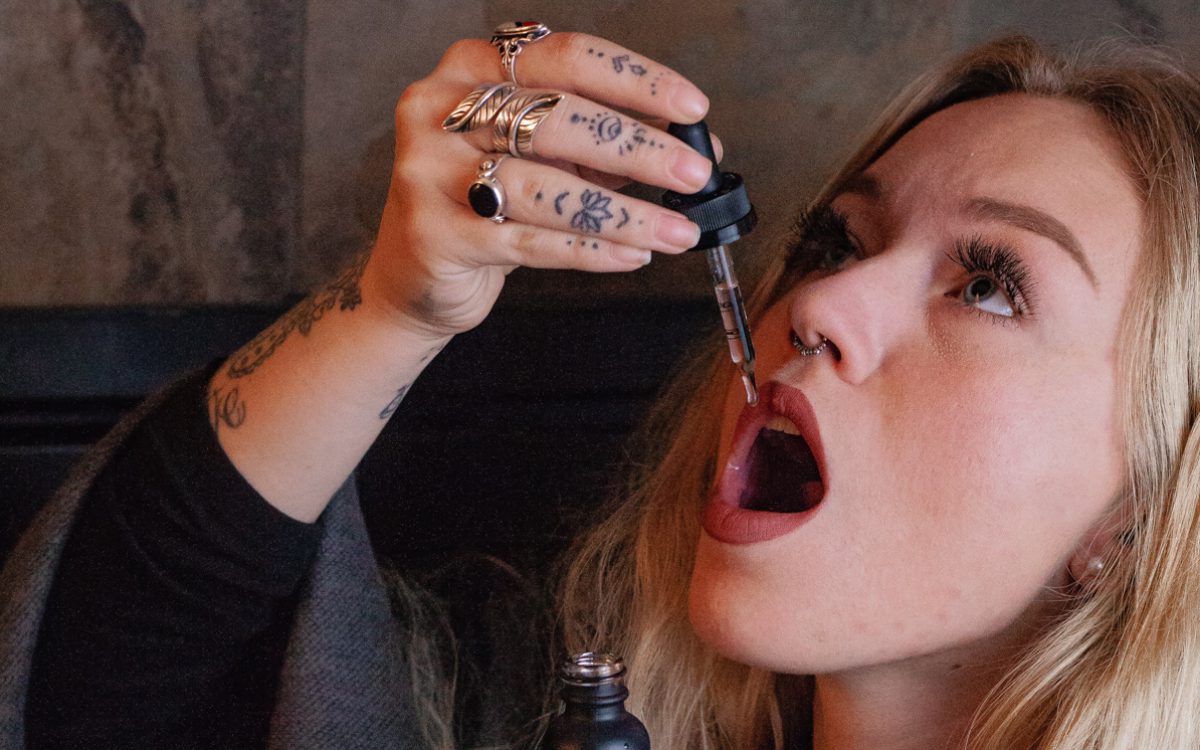Depressive episodes are not an uncommon mental health issue. In fact, at least 6.2% of adults in the U.S have experienced a depressive episode in a given year. Some people suffer from this condition for far longer and many of them in silence. Some claim that they have depression but some actually do but reject the notion for fear of negative social implications. Mental health is really important and learning the signs, types, symptoms of depression are important to help us learn. So learning how to manage depression and especially knowing how to get out of a depressive episode is really important.
Before we continue, we want to make a disclaimer that we are not, by any means, health care providers and this article is for informational purposes only. Now, let’s get into it…
What is Depression?
Depression is a common and serious mental condition. Around 5.90% of Americans have experienced depression. It affects how you feel, think, and even act.
Depression is believed to be the underlying cause for 30% – 70% of suicides. So knowing the symptoms and warning signs are important and in some instances lifesaving.
What is a Depressive Episode?
A depressive episode is a period where the symptoms of depression are manifesting. Episodes are characterized by very low mood, energy with other depression symptoms as well. These episodes can last weeks or even months.
As per NIMH data, an estimated 17.3 million adults in the United States had at least one major depressive episode. The data also shows that the prevalence of major depressive episodes is more evident in women than in men.
What are the Symptoms of Depression?
Depression affects people differently but most of them show these common symptoms:
- Sad, anxious, and empty mood
- Pessimism
- Feeling of worthlessness
- Lethargy
- Difficulty concentrating
- Appetite changes
- Thoughts of death, suicide, and dark acts
- Difficulty sleeping
- Loss of interest
- Aches and pains
These are the common symptoms of depression. Another symptom that most people are not noticing is oversleeping. Oversleeping is a coping mechanism for people who are under depression. They are forcing themselves to sleep frequently or even longer because they want to limit as much time of a day as possible of them being in a depressive state. We have to better understand and be vigilant that we can help ourselves and our loved ones.
How to Get Out of a Depressive Episode?
This isn’t a fit-all protocol, instead, these are just some tips that might be helpful if you or anyone close to you is going through an episode. As always, it is very important to seek professional help.
Know your symptoms.
Everyone is different, knowing your own personal depression symptoms is very crucial for you to identify when it’s time to find help. Sometimes even talking to a friend can be helpful.
Don’t panic.
Try to stay calm and talk to someone about it.
Be healthy.
Keeping yourself healthy by exercising and eating whole foods can make a huge difference.
Natural remedies.
Hemp-derived cannabinoids such as CBG may help. CBG has neuroprotectant properties, is anti-inflammatory, and has been shown in clinical studies to reduce cortisol levels.
How can CBG help you with Depression?
CBG or Cannabigerol is another non-psychoactive cannabinoid found in hemp. It is normally observed in the early life of the hemp plant and transforms into other cannabinoids in the hemp’s adult life. CBG shows promise with the management of depression and studies show promise. CBG is actually being studied for its neuroprotective property which helps our mental state in balance. Here are the benefits of CBG.
- Can help reduce neuroinflammation.
- Attaches with Alpha-2 Adrenoceptors which helps lower blood pressure and stress
- Strengthens the anandamide function and boosts the production of the chemical which helps us get rid of stress better and have a more pleasing mood
- CBG can inhibit GABA uptake and increase serotonin levels keeping us in the right state of mood and mind
Conclusion
Depression, once felt, will definitely leave a mark on us. It has become more rampant in these times. But it can be managed, we’ve listed some tips on how we can fight depression back. Remember that the physician’s advice is very important so if you’re unsure, make sure to schedule an appointment. We are in control! Never forget that.





